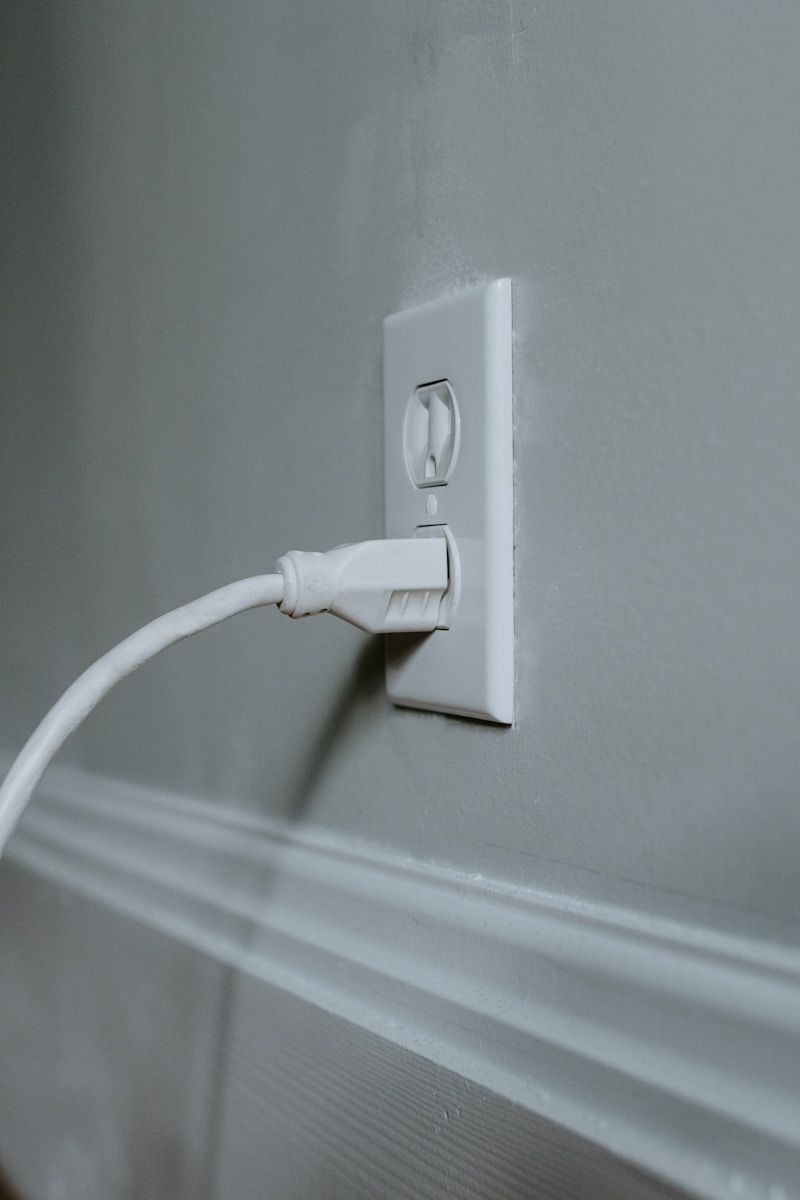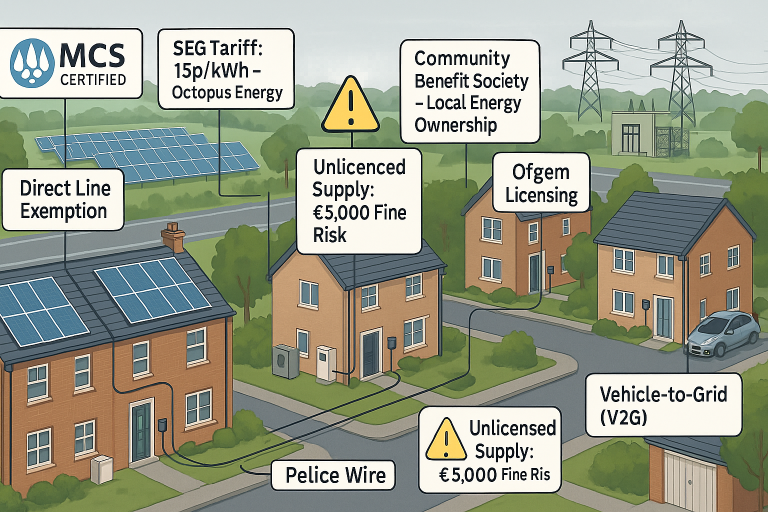Paying Your Electric Bill After the Due Date: What You Need to Know
Paying your electric bill after the due date is a common occurrence, but it’s crucial to understand the potential consequences and take proactive steps to avoid late payments. Whether you accidentally miss the deadline or face financial difficulties, knowing your options can help you manage your bills effectively. In this article, we’ll discuss whether you can pay your electric bill after the due date, the possible repercussions of late payments, and practical strategies to stay on top of your payments.
Can You Pay Your Electric Bill After the Due Date?
Yes, you can pay your electric bill after the due date, but there may be penalties depending on your provider’s policies. Many electric companies impose late fees for overdue payments, which can accumulate over time and make it harder to keep up with your utility expenses. The amount charged as a late fee varies by provider and may be a flat fee or a percentage of your total bill. To avoid surprises, check with your electricity provider to understand their specific late payment policies.
The Consequences of Late Electric Bill Payments
Falling behind on your electric bill can lead to several negative consequences, including:
1. Late Fees
Most electric companies charge late fees when payments are made past the due date. These fees can range from a small flat fee to a percentage of your total bill, making your next payment more expensive. Over time, accumulating late fees can put additional strain on your finances.
2. Service Disconnection
If late payments become a habit, your electricity provider may disconnect your service. Disconnection policies vary, but generally, utility companies give a grace period before shutting off your power. If your service is disconnected, you may need to pay the outstanding balance, reconnection fees, and possibly a security deposit before your service is restored.
3. Negative Impact on Your Credit Score
While utility payments are not always reported to credit bureaus, repeated late payments or unpaid balances that are sent to collections can negatively impact your credit score. A lower credit score can make it more difficult to secure loans, credit cards, or even rental agreements in the future.
4. Difficulty Managing Future Bills
Once you fall behind on your electric bill, catching up can become a challenge, especially if late fees continue to accumulate. This can create a cycle of financial stress, making it harder to meet other essential expenses.
How to Avoid Late Electric Bill Payments
To prevent the negative consequences of late payments, consider the following strategies:
1. Set Up Automated Payments
Many electric companies offer autopay options that automatically deduct your bill from your bank account or credit card on the due date. This ensures your payment is always on time, reducing the risk of late fees and service interruptions.
2. Create and Stick to a Budget
Budgeting helps you allocate funds for essential expenses, including your electric bill. Tracking your income and expenses can help you plan ahead and ensure you have enough funds to cover your utilities each month.
3. Sign Up for Bill Reminders
Most utility providers offer bill reminders via email, text message, or mobile app notifications. These reminders can help you stay on top of your payments and avoid forgetting due dates.
4. Contact Your Electric Company for Payment Arrangements
If you’re facing financial hardship and struggling to pay your electric bill, reach out to your utility provider. Many companies offer payment arrangements, such as extended due dates or installment plans, to help customers manage their bills more effectively.
5. Consider Energy Assistance Programs
If you’re experiencing financial difficulties, you may qualify for government assistance programs or nonprofit aid that helps cover utility costs. Programs like the Low Income Home Energy Assistance Program (LIHEAP) can provide financial relief for eligible households.
Conclusion
While paying your electric bill after the due date is possible, it comes with potential consequences such as late fees, service disconnection, and credit score impacts. To avoid these issues, consider setting up automated payments, budgeting effectively, using bill reminders, and discussing payment arrangements with your electric company. Taking proactive steps can help you stay on top of your bills and avoid unnecessary financial stress.







